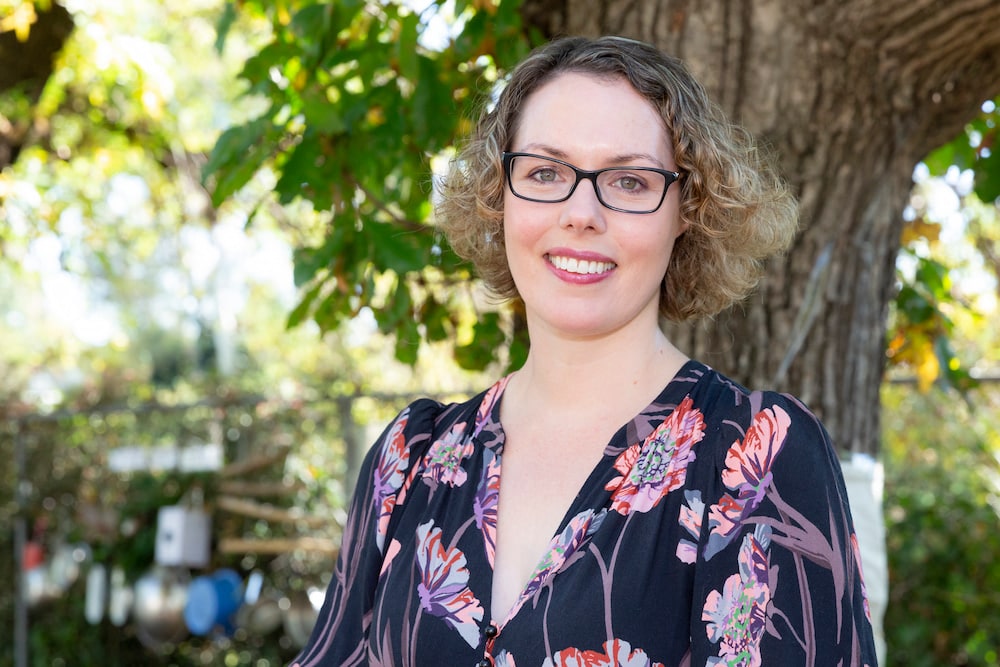Young people are engaged with political issues, Labor MP Alicia Payne says, but they don’t feel politicians listen to them. Result: disengagement with democracy and distrust of politicians. This month, Ms Payne will hold two deliberative town halls to find out how youths’ voices can be better heard in Parliament.
“Politicians have a real responsibility to ensure that young people trust their politicians, and that politicians are here to listen to them and advocate for them,” Ms Payne said.
The town halls, run in conjunction with Ohio State University and the Centre for Deliberative Democracy and Global Governance at the University of Canberra, will be facilitated discussions giving Canberrans the opportunity to deliberate on youth representation and inclusion in politics.
The first will be held at the Ann Harding Conference Centre on Saturday 14 August 11am-1pm; the second online on Sunday 15 August.
People of any age with an interest in the issue can attend; Ms Payne is particularly keen for people aged 18 to 29 to be involved. Sign up via Connecting to Parliament.
According to the 2021 UNICEF Australia Young Ambassadors report, 64% of young Australians aged 13 to 17 felt they were never or rarely consulted on, or given an opportunity to participate in important government-related issues that affect them; and more than half of young Australians felt excluded from consultation on and participation in community issues that affected them. More than a third of young Australians believed they should have more opportunity to talk to political leaders, there should be more education about parliamentary processes in school, and there should be youth representation in parliament.
“Politicians [should] be genuinely accessible to everyone, particularly young people, and start to listen to some of the issues they’re raising,” Ms Payne said.
Climate change was a key example, she said: young people wanted action; they had protested at school strikes, but they weren’t seeing action from parliament.
“And so they could be forgiven for thinking that politicians aren’t listening.
“As one constituent said to me, her teenage children feel like adults are letting them down. That is very concerning. When I was at primary school, we knew about climate change. I would never have expected to be in a parliament today and seeing Australia taking no action on it. We’ve known about this for many years, so I can see why young people feel very let down by that.”
Recently, former Liberal Chief Minister (and Canberra Daily columnist) Gary Humphries was disturbed that trust in the democratic process was at its lowest in 40 years; because the government had failed to respond to global warming, young people could think participation was useless.
“The outcome is a deep cynicism about the democratic process,” he worried. “A nihilistic generation, inured in hopelessness, is a signpost to trouble.”
Ms Payne agreed this was a big concern. “When I talk to schools or other young people, they’re very engaged and very passionate about issues, and they have an optimism about the ability to see change – and that drops off as people get older. Politicians should take responsibility by keeping that engagement up.”
In her duties as an MP, Ms Payne said she was always keen to meet schools when they visited Parliament House; she had met UN Youth Ambassadors in the House; and was at ANU Market Day this past week talking to students.
When she holds a mobile office, young people talk to her about climate change, housing affordability, and social justice. A lot have become involved in her recent campaign to save the Braddon Centrelink shopfront from closing.
Although the town hall is a nonpartisan event, Ms Payne emphasised that the Labor Party wants to listen to young people. They have promised to establish a minister for youth, with a portfolio covering issues affecting young Australians; an office for youth, a dedicated government unit to ensure government effectively communicates with young people; and a framework for direct and informal engagement with young people.
“I hope this town hall process in a few weeks will give us further ideas on how we can better engage with young people and hear those views and concerns.”
For more news:



